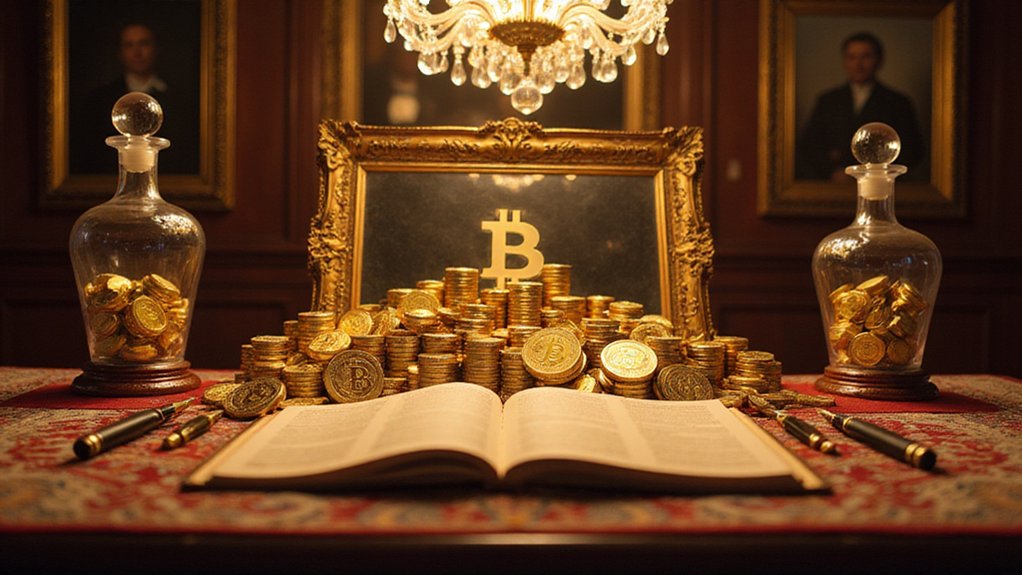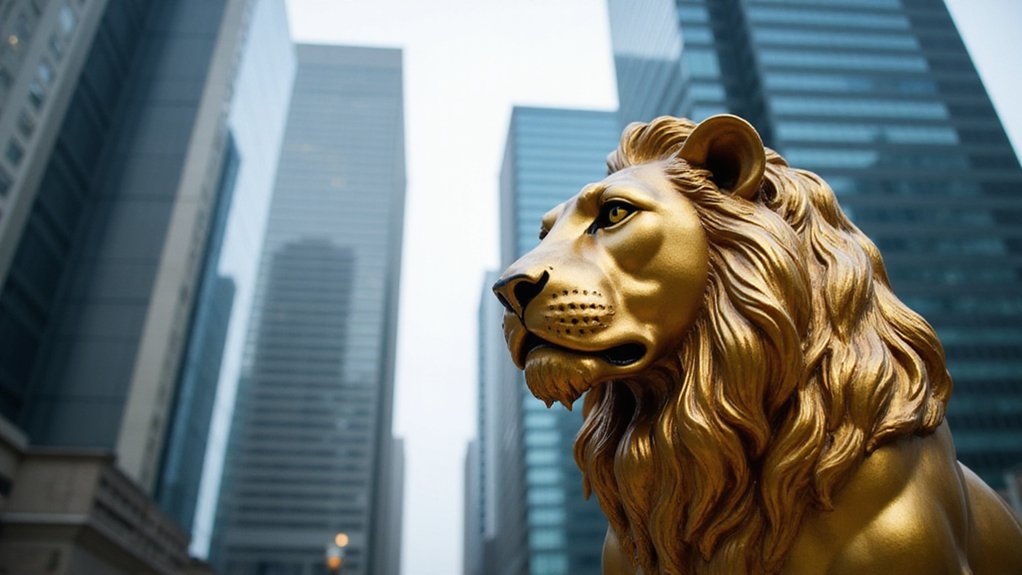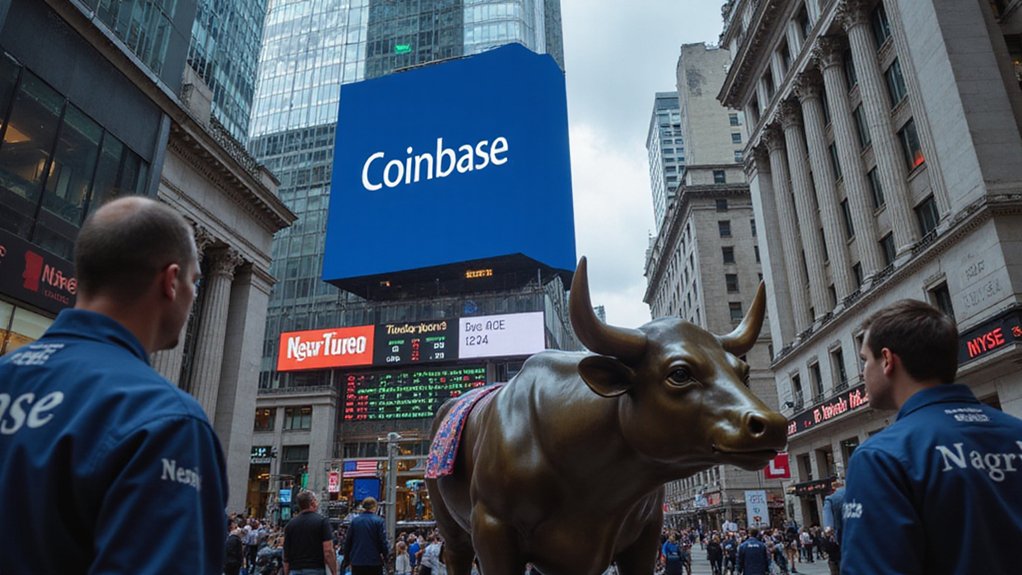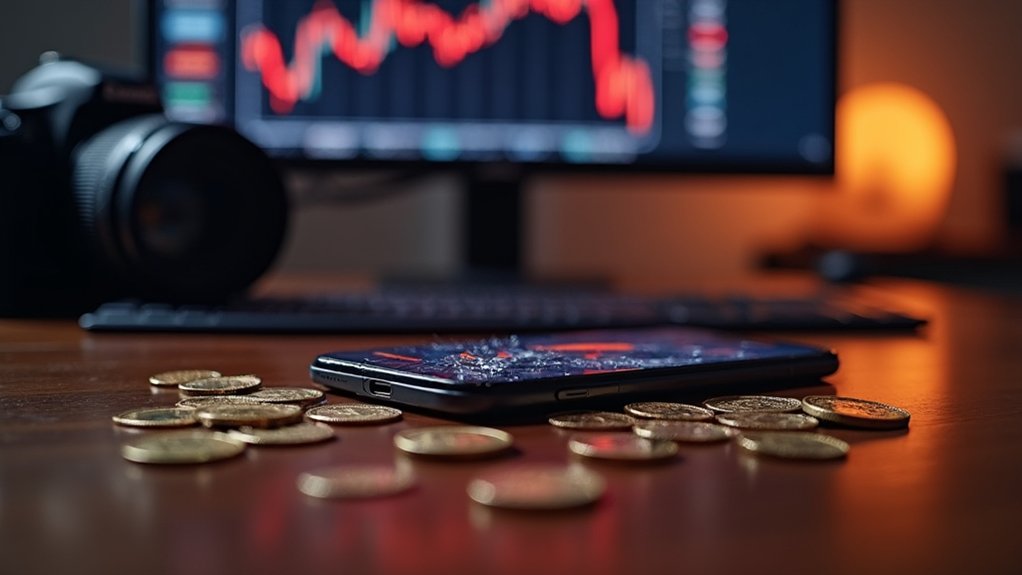While most political families traditionally accumulate wealth through speaking fees and book deals after leaving office, the Trump family has opted for a more contemporary approach: cryptocurrency speculation on an industrial scale.
The vehicle for this digital fortune is World Liberty Financial (WLFI), a crypto venture launched during the 2024 presidential campaign that has transformed the Trump family into unlikely blockchain billionaires. Their approximately 22.5 billion tokens reached an estimated value of $5 billion as prices peaked around 23 cents—a staggering sum that exists primarily in the ethereal domain of digital assets.
The token’s trajectory exemplifies cryptocurrency’s characteristic volatility, surging to 40 cents on launch day before settling into a more modest 21-cent range. This wild price swing, while producing headlines about billion-dollar valuations, also underscores the speculative nature of the family’s newfound wealth. The fortune remains largely theoretical, locked under vesting schedules that restrict initial token sales to 20% of holdings—a prudent measure that simultaneously protects against market crashes and potential conflicts of interest.
Trump’s evolution from cryptocurrency skeptic to “Chief Crypto Advocate” (now diplomatically retitled “Co-Founder Emeritus” pending his return to office) reflects broader institutional acceptance of digital assets. His pledge to make America a global crypto hub adds regulatory significance to what might otherwise be dismissed as speculative excess. The administration’s passage of the Genius Act represents the first major federal legislation addressing cryptocurrency regulation. Major news outlets have provided breaking news coverage of the crypto venture’s dramatic price movements and regulatory implications.
When presidential power meets blockchain ambition, speculative excess suddenly carries the weight of regulatory policy.
The family’s corporate entity maintains a commanding 60% stake in World Liberty Financial, creating a peculiar scenario where political power intersects with cryptocurrency governance. Watchdog groups and Democratic lawmakers have predictably raised ethical concerns, though the White House has formally denied any conflicts of interest.
Early investor votes permitting limited token trading as of summer 2025 demonstrate genuine market engagement beyond mere speculation. However, reported fractures among founding team members—including notable crypto figures like Justin Sun—highlight the governance challenges inherent in politically-linked ventures. Traditional investment logic often fails to apply to meme coin valuations, particularly when political narratives drive speculation.
Whether this digital goldmine represents visionary wealth-building or elaborate financial theater remains to be determined. The Trump family has nevertheless established a precedent: why settle for traditional post-political monetization when cryptocurrency offers billion-dollar possibilities, however volatile they may prove?









